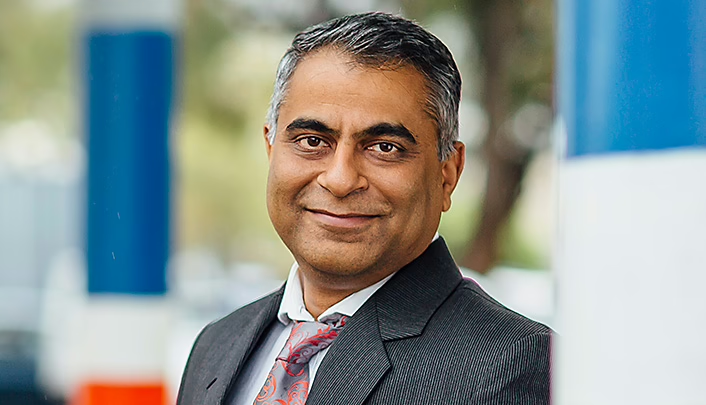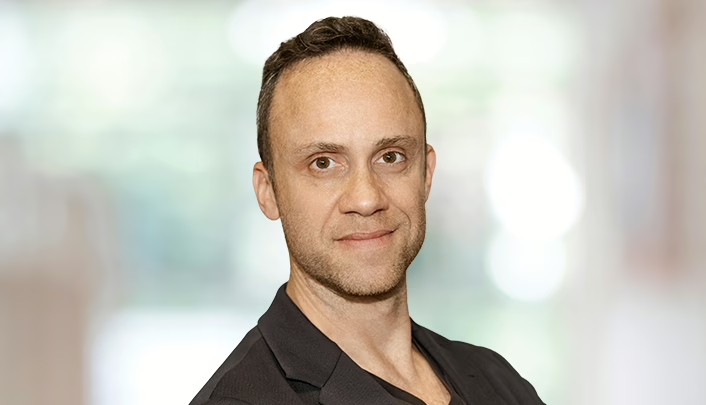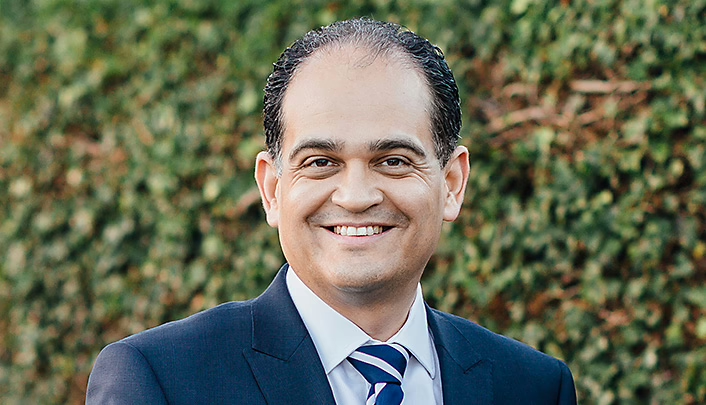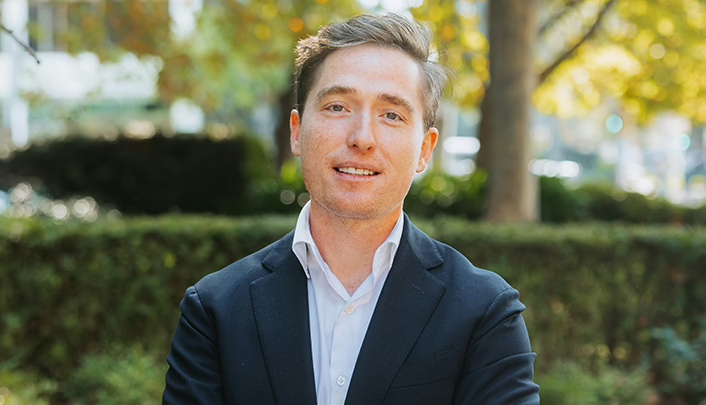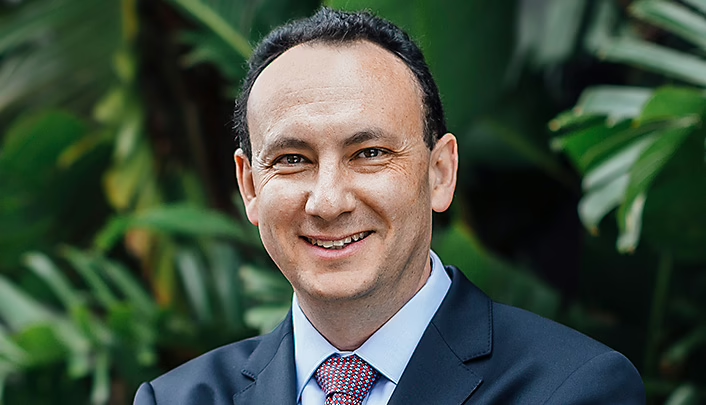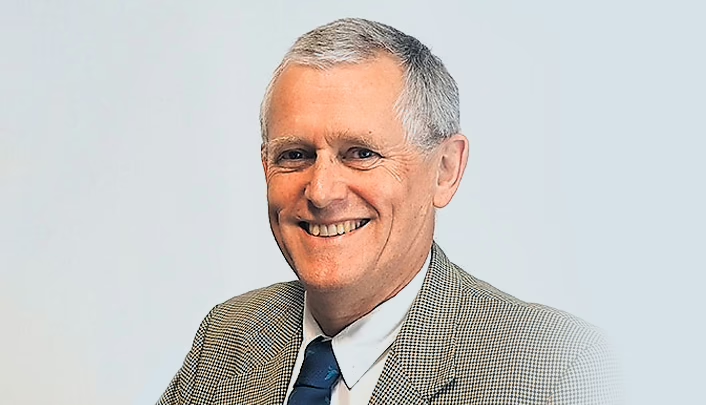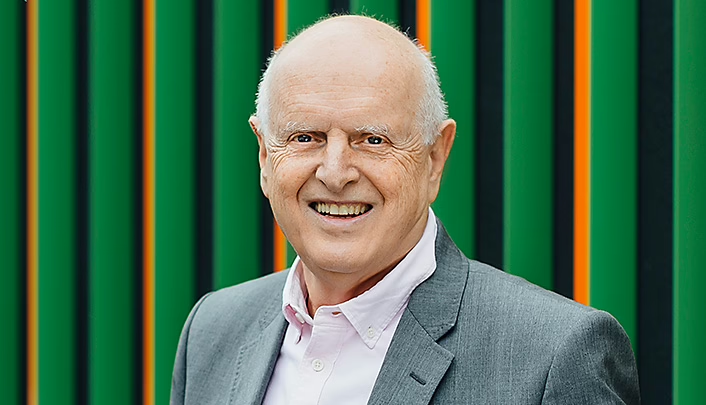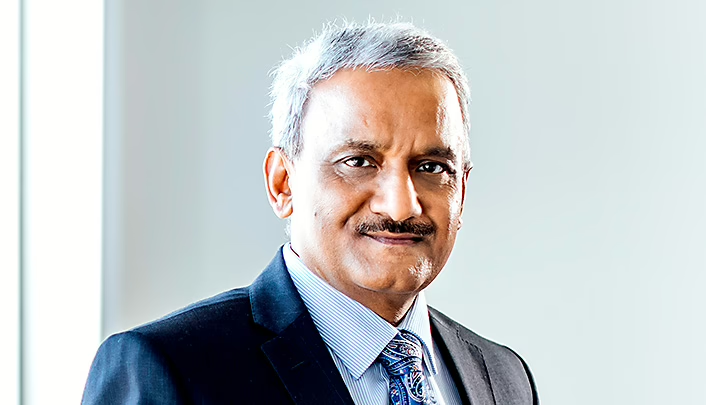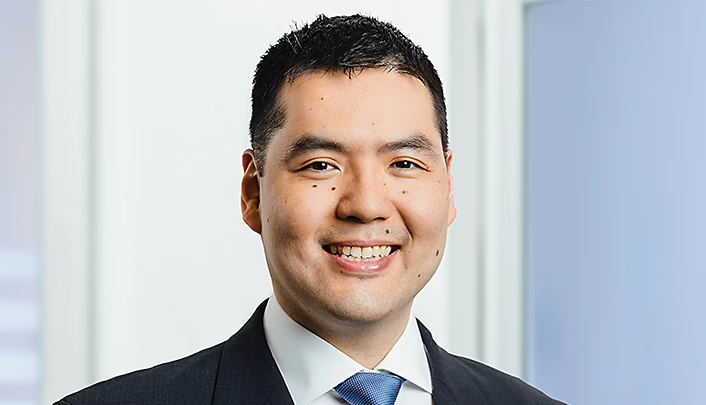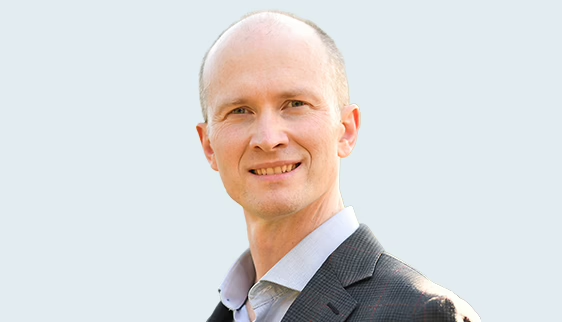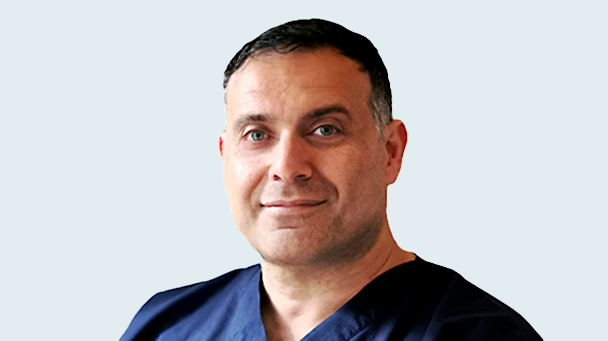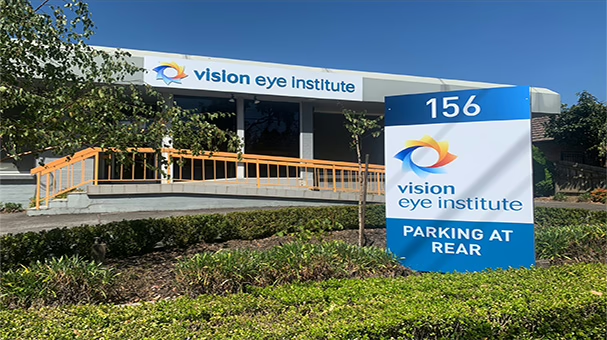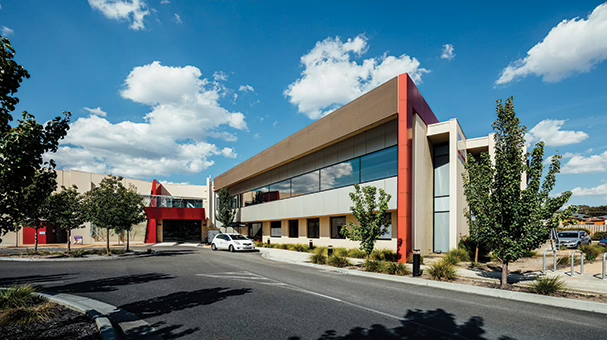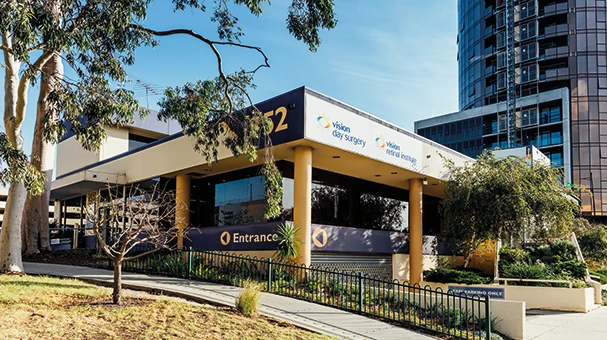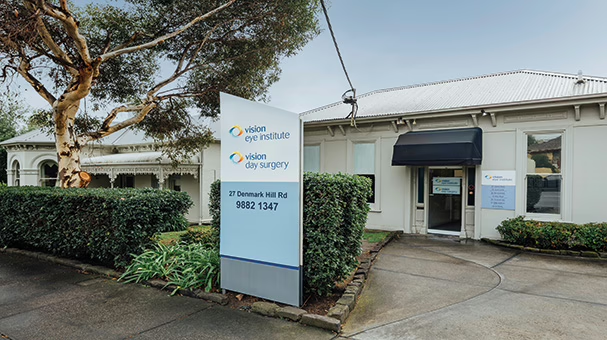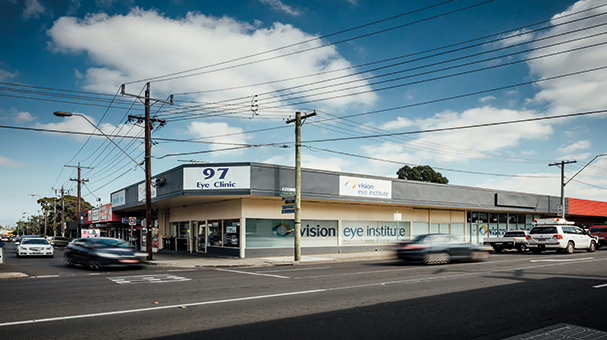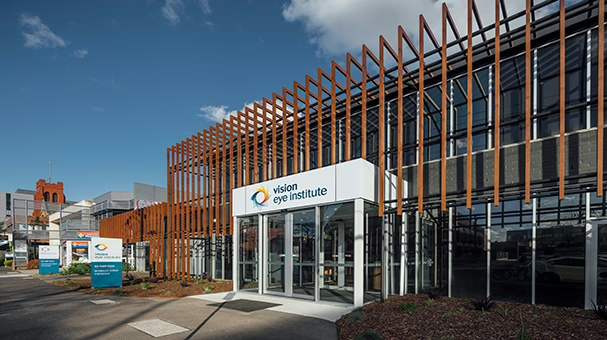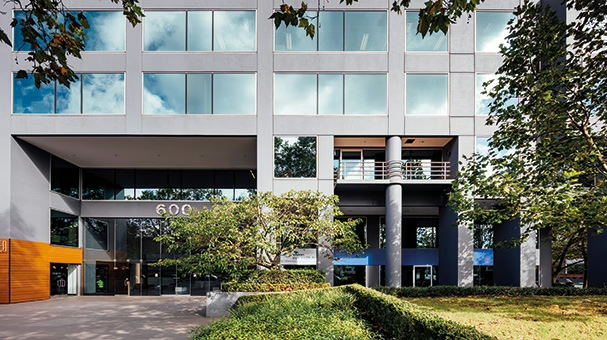Book a consultation
Book a consultation with one of our doctors or at one of our clinics below.
Do NOT use this form in an emergency – contact one of our clinics or your nearest hospital emergency department instead.
Some services may not be performed by your preferred doctor or at your preferred clinic. We will confirm this with you before making an appointment.
Cataract surgery procedures at our Melbourne clinics
Cataract surgery in Melbourne overview
Cataract surgery is a common procedure and is considered one of the safest vision correction surgeries performed today. The doctors at our Melbourne clinic have extensive experience diagnosing and treating cataracts.
If you require cataract extraction, our Melbourne surgeons will instruct you on which cataract removal procedure is best suited to your needs – either manual or laser cataract surgery. Overall, both procedures have high success rates and good visual outcomes.
Your surgeon will also discuss your various IOL options and help you select a replacement lens that suits your eye health and lifestyle, to ensure you have the best possible visual outcome.
For more information about cataract and lens surgery, visit our cataract & lens services page.
What to expect on the day of your cataract procedure
The cataract operation is performed in one of our accredited Melbourne day surgeries, which are fully equipped with state-of-the-art technology. The procedure itself requires only 30 minutes, with the patient returning home within several hours of the operation.
Before the surgery, a local anaesthetic will be applied to your eyes (administered via eye drops or a small anaesthetic block around the eye). Once the anaesthetic has taken effect, the surgeon will make a tiny incision (2–3 mm) in the side of the cornea (the surface of the eye), allowing access to the cataract.
Using ultrasound, the cataract surgeon breaks the cloudy lens into smaller pieces. These fragments are then flushed from the capsule encasing the lens, using a vacuum to remove the pieces.
The IOL – the clear artificial replacement lens – is then carefully inserted through the corneal incision and accurately positioned into the lens capsule.
A cataract operation is a one-off procedure. When a lens is replaced, it is not possible to develop another cataract.
How much does cataract surgery cost in Melbourne?
The cost of cataract surgery varies depending on several factors, including the health of your eyes, the surgeon’s experience and available technology. Replacement IOLs also have varying costs, with premium lenses costing more than a standard monofocal lens.
Your ophthalmic surgeon can provide you with a detailed quote once you undergo comprehensive eye testing during your consultation (prior to your surgery). Your ophthalmologist will also ask you questions to understand your lifestyle and visual goals and then explain the appropriate lens options for your specific needs.
Medicare and private health insurance cover part of the cost associated with cataract surgery (this will depend on your level of cover and may be subject to waiting periods and excess payments). How much you need to pay out of pocket (the gap payment) depends on several factors, including your level of health coverage and your chosen IOL.
If you are not sure whether your private health insurance covers cataract surgery (and whether there is any excess), we recommend you contact your insurer directly.
Does Medicare cover cataract surgery costs in Melbourne?
Medicare covers some of the costs of cataract surgery, including consultations and standard lenses. For private cataract surgery, Medicare and private health insurance can reduce costs significantly. However, depending on your insurance coverage and chosen lens replacement option, there may be an out-of-pocket cost (gap payment). Public cataract surgery is fully covered by Medicare but often involves long waiting periods, sometimes exceeding a year.
Traditional (manual) cataract surgery
During traditional cataract surgery, your doctor manually performs all steps of the procedure. The difference between traditional cataract extraction and laser-assisted cataract surgery is the technology used. Manual cataract surgery uses hand-held instruments to make the corneal incisions and remove the cloudy lens before inserting the artificial IOL.
Laser-assisted cataract surgery
A femtosecond laser is used during laser cataract surgery to complete several steps that the ophthalmic surgeon would normally perform manually.
Both laser cataract surgery and traditional cataract surgery are highly successful and safe procedures that provide similar visual outcomes. Your surgeon will be able to discuss the advantages and disadvantages of each procedure specific to your situation, to help you decide which surgery to proceed with.
Refractive lens exchange
Refractive lens exchange, also referred to as clear lens extraction or lens replacement surgery, is a vision correction technique similar to cataract surgery. This procedure can be performed on patients who do not have cataracts and is used to correct nearsightedness, farsightedness and/or astigmatism.
During this procedure, our Melbourne surgeons remove the natural lens of the eye and replace it with an artificial IOL to correct eyesight.
Replacement lens options
IOLs replace your eye’s natural lens. The right lens for you will depend on your personal goals and your preferences.
If freedom from glasses is a priority, multifocal lenses may be the best option as they have a number of focal points to give clear distance, intermediate and near vision. Some patients also opt to have monovision, where one replacement lens corrects for distance vision and the other corrects for near vision. The brain blends the two images and is often successful at achieving spectacle independence. However, these options can have some visual compromises so they are not suitable for everyone. Modern replacement lenses, known as toric IOLs, can also correct pre-existing astigmatism, which can further optimise the visual outcome for the patient.
Your surgeon will discuss your various options and help you select the lens that is best suited to your needs.
Implantable (phakic) lenses
Implantable lenses (sometimes called implantable contact lenses) are tiny, flexible lenses designed to be placed semi-permanently within the eye. Once inserted into the cornea, it unravels and sits in front of the natural crystalline lens to correct vision.
This procedure is reversible – the implantable lens can be removed at a later stage should another lens procedure (such as cataract surgery) be required.
Is there a waiting period for getting private cataract surgery in Melbourne?
Private cataract surgery in Melbourne does not have a waiting period. In fact, your surgery is scheduled a few weeks after your initial assessment. If you claim your surgery with private health insurance, there may be a waiting period for your claim to be approved.
Is there a significant waiting time for cataract surgery in Melbourne's public health system?
Melbourne’s public health system has significant wait times for cataract surgery, which can be longer than a year.1,2 In Melbourne’s public health system, you can expect wait times for your initial assessment, surgery on your first eye, and surgery on your second eye. Melbourne’s private health system avoids these wait times. Your surgery is commonly arranged a week or two after your initial appointment. Learn more about the benefits of private cataract surgery.
References:
1. Huang-Lung J, Angell B, Palagyi A et al. The true cost of hidden waiting times for cataract surgery in Australia. Public Health Res Pract 2022 Oct 12;32(3):31342116.
2. Australian Medical Association (AMA). Shining a light on the elective surgery ‘hidden’ waiting list. AMA; 2022. Available at <https://www.ama.com.au/elective-surgery-hidden-waiting-list> [Accessed online 8 November 2023].
How do I get a referral for cataract surgery in Melbourne? Do I approach my GP or an optometrist?
Either your optometrist or GP can provide a referral for cataract surgery. If you are concerned about your vision or suspect you need cataract surgery, make an appointment with your optometrist or GP. They will provide you with a referral to an ophthalmologist if appropriate. You must have a referral to receive the Medicare rebate for your cataract appointment and surgery.
Do private health funds in Melbourne offer comprehensive coverage for cataract surgery?
Some private health funds offer comprehensive coverage for cataract surgery. Contact a private health insurer directly to find out exactly how much they cover.
How do Melbourne cataract surgery success rates compare to national and international standards?
There is no specific data available on Melbourne’s cataract surgery success rates compared to national and international rates. The overall success rate of cataract surgery is very high (99%).3 Further to this, at Vision Eye Institute Melbourne clinics, our cataract surgeons are highly experienced and internationally recognised for their expertise.
References:
3. Clark A, Morlet N, Ng JQ et al. Whole population trends in complications of cataract surgery over 22 years in Western Australia. Ophthalmology 2011 Jun;118(6):1055-61. https://doi.org/10.1016/j.ophtha.2010.11.001 ↩︎
How accessible are Melbourne's top cataract surgery clinics via public transportation?
Our Blackburn South, Boronia, Box Hill, Camberwell, Coburg, Footscray and Melbourne clinics are all easily accessible by public transport.
We appreciate that you may travel from rural or interstate regions or have scheduling challenges. We can book your appointments to minimise any difficulties.
Do Melbourne clinics offer finance options or payment plans for cataract surgery?
Unfortunately, we do not currently offer financing options for cataract surgery.
How do I navigate Melbourne's healthcare system if I'm an international or interstate patient seeking cataract surgery?
Many of our patients, especially those from rural or regional areas, choose to travel interstate to have their cataract surgery at Vision Eye Institute.
If you have a referral letter from your optometrist or GP, Medicare will still rebate part of the cost of interstate cataract surgery. Your private health insurer will also cover some of the cost of interstate cataract surgery – contact your health fund for details.
International patients wishing to have cataract surgery in Melbourne will need to privately fund their surgery.
Our staff can co-ordinate consultation and surgery appointment times to minimise your travel requirements. They can also recommend nearby accommodation. Simply call the clinic you are interested in booking with or request an appointment online, and our team will guide you through the process, answer any questions you may have, and book your appointments. Contact a Vision Eye Institute clinic in Melbourne.
Are there advanced technologies, like laser-assisted cataract surgery, available in Melbourne clinics?
Laser-assisted cataract surgery is available at our Blackburn South, Boronia, Box Hill, Camberwell, Coburg, Footscray and Melbourne clinics. All our Melbourne clinics also offer a wide variety of lens replacement options and are fitted with the latest diagnostic and surgical technologies. Some of these technologies include:
- SLT and YAG lasers
- OCT imaging systems
- Optos imaging
- A-scan
- Pentacam
- SCHWIND AMARIS laser
- Alcon LenSx femtosecond laser.
Which Melbourne-based clinics offer both traditional and laser-assisted cataract surgery options?
Our Vision Eye Institute Blackburn South, Boronia, Box Hill, Camberwell, Coburg, Footscray and Melbourne clinics offer traditional and laser-assisted cataract surgery.
Do Melbourne ophthalmologists offer telehealth or virtual consultations for pre- and post-operative care?
Melbourne ophthalmologists do not offer telehealth for pre- and post-operative cataract surgery care. These appointments require an assessment of your eyes which is not possible virtually. However, those travelling from interstate may be able to have their pre- and post-operative care with a local optometrist in consultation with an ophthalmologist. Contact a Melbourne clinic for details.
Our cataract surgeons in Melbourne
Combined, our team of highly skilled and experienced Melbourne ophthalmologists have performed thousands of routine and complex cataract surgery operations. They have access to the latest range of replacement lens options (e.g. trifocal, extended depth of focus, toric) and laser cataract surgery, meaning treatment plans can be tailored for each individual patient.
-
Dr Uday Bhatt
MBBS DTMH DO MSc(EBP) FRCSEd FRCOphth FRANZCO
Locations
- Camberwell
- Coburg
- Footscray
Book a consultationwith Dr Uday BhattDr Jeremy Diamond
MB ChB, PhD, FRCS, FRCOphth, FRANZCO
Locations
- Boronia
Book a consultationwith Dr Jeremy DiamondDr Philip Hoffman
MBBS(First-class Hons) FRANZCO M Health Ethics Member of ANZSRS
Locations
- Camberwell
- Footscray
Book a consultationwith Dr Philip HoffmanDr Alex Ioannidis
MBBS FRCOphth FRANZCO
Locations
- Blackburn South
- Camberwell
- Coburg
Book a consultationwith Dr Alex IoannidisDr Lewis Levitz
MBBCh MMed FCS(SA)(Ophth) FRCSEd FRANZCO
Locations
- Blackburn South
- Camberwell
- Coburg
Book a consultationwith Dr Lewis LevitzDr John McKenzie
MBBS FRACS FRCOphth FRANZCO
Locations
- Footscray
Book a consultationwith Dr John McKenzieDr Raj P Pathmaraj
MBBS DO MRCOphth MMed FRCSOphth FRANZCO
Locations
- Blackburn South
Book a consultationwith Dr Raj P PathmarajDr Christolyn Raj
MBBS(Hons) MMed MPH FRANZCO
Locations
- Blackburn South
- Camberwell
- Coburg
Book a consultationwith Dr Christolyn RajDr Joe Reich AM
MBBS DO FRACS FRANZCO
Locations
- Camberwell
- Melbourne
Book a consultationwith Dr Joe Reich AMDr Mei Tan
MBBCh BAO PhD FRCOphth FRANZCO
Locations
- Camberwell
- Coburg
Book a consultationwith Dr Mei TanProf Rasik Vajpayee
MS FRCSEd FRANZCO
Locations
- Blackburn South
- Camberwell
- Coburg
- Melbourne
Book a consultationwith Prof Rasik VajpayeeDr Aaron Yeung
MBBCh, PhD, FRCOphth, FRANZCO
Locations
- Footscray
Book a consultationwith Dr Aaron YeungDr Brian Ang
MBCHB FRANZCO FRCOPHTH FRCSED (OPHTH)
Locations
- Blackburn South
- Footscray
Book a consultationwith Dr Brian AngDr Sky Chew
MBBS BMedSc MMed FRANZCO
Locations
- Box Hill
- Coburg
- Footscray
Book a consultationwith Dr Sky ChewDr Jonathan Goh
MBBS BMedSc PGDipSurgAnat MS FRANZCO
Locations
- Footscray
Book a consultationwith Dr Jonathan GohDr Ian Hurley
MBBS (Melb) FRACS FRANZCO
Locations
- Footscray
- Camberwell
Book a consultationwith Dr Ian HurleyDr Aifric Martin
MBBCh BAO MD MRCOphth FRANZCO
Locations
- Melbourne
Book a consultationwith Dr Aifric MartinDr Daniel McKay
MBBS(Hons) FRANZCO FRCPA
Locations
- Box Hill
- Footscray
Book a consultationwith Dr Daniel McKayOur cataract and lens surgery clinics in Melbourne
Cataract surgery consultations are provided at our fully equipped eye clinics across Melbourne, VIC. Cataract and lens surgery is performed at one of our state-of-the-art, accredited day surgery facilities , a number of which are conveniently co-located with a Vision Eye Institute clinic.
-
Blackburn South
- 03 9877 6288
- Email us
-
156 Canterbury Rd
Blackburn South 3130 vic -
M–F 8.30 am–5 pm
Sat Closed
Sun Closed
-
Boronia
- 03 9890 4333
- Email us
-
Ground floor, Suite 5,
157 Scoresby Rd
Boronia 3155 vic -
M–F 8.30 am–5 pm
Sat Closed
Sun Closed
-
Box Hill (Retina)
- 1800 MACULA or 03 9890 4333
- Email us
-
Level 1, 852 Whitehorse Rd
Box Hill 3128 vic -
M–F 8.30 am–5 pm
Sat Closed
Sun Closed
-
Camberwell
- 03 9882 1347
- Email us
-
27 Denmark Hill Rd
Hawthorn East 3123 vic -
M–F 8.30 am–5 pm
Sat Closed
Sun Closed
-
Footscray
- 03 9689 9233
- Email us
-
89 Paisley St
Footscray 3011 vic -
M–F 7.30 am–5 pm
Sat Closed
Sun Closed
-
Melbourne
- 03 9521 2175
- Email us
-
Ground floor, 600 St Kilda Rd
Melbourne 3004 vic -
M–F 8 am–5 pm
Sat Closed
Sun Closed
